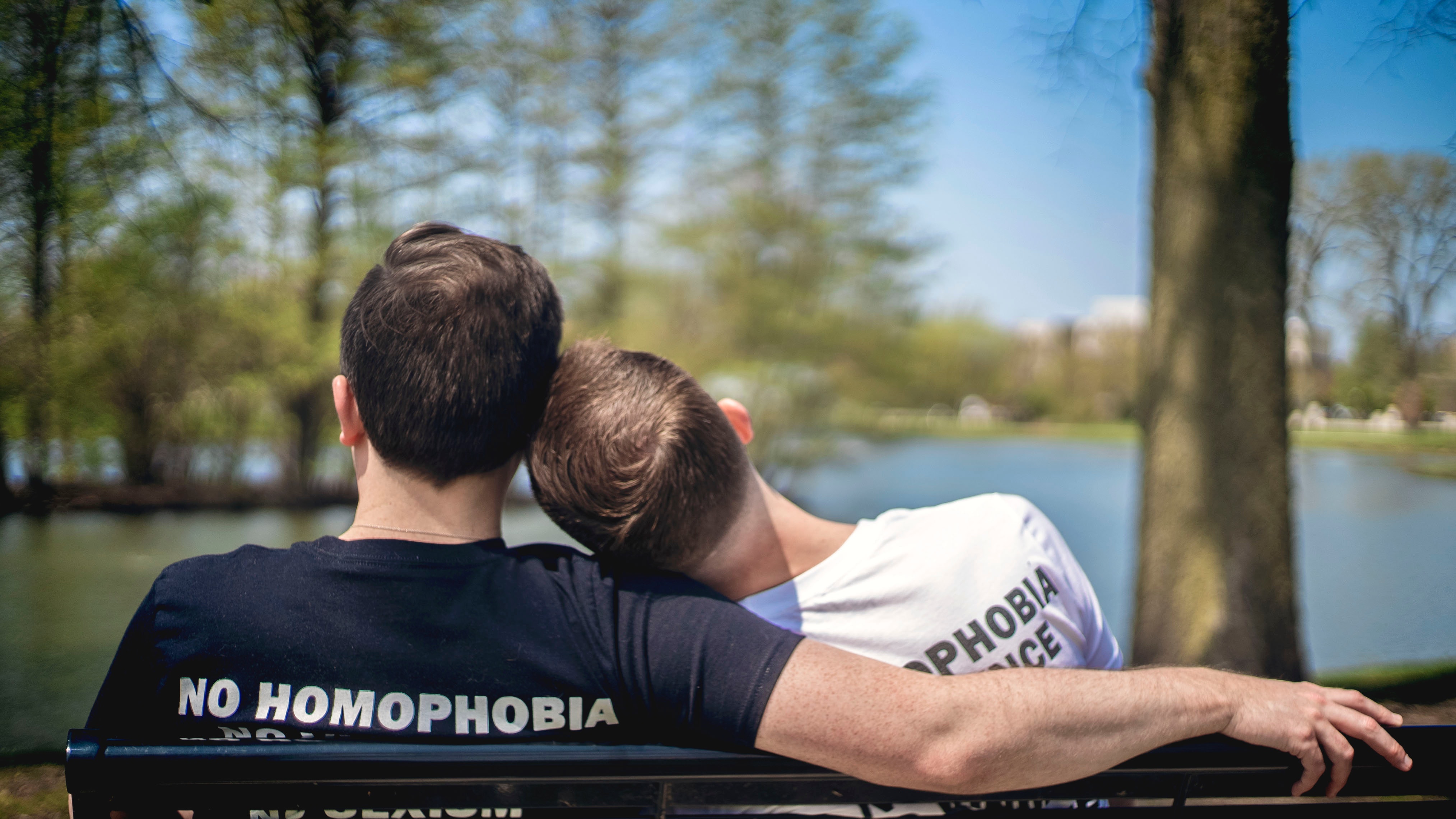Online communities providing a lifeline for LGBTQI
Posted by Letswalo Marobane on 30 March 2020, 21:05 SAST
Many LGBTQI community members live under a cloud of stress and fear, they experience barriers to economic and social inclusion related to structural inequality and social stigma along multiple axes. According to research, over 60% of the LGBTQ community deals with some form of mental health illness.

LGBTQI members who are dealing with mental health conditions like depression may have to contend with stigma because of discrimination or misunderstandings related to their sexual orientation.
They are often pressured to fit in with society's conventional ideas of being male or female, if not, they can be subjected to ridicule, intimidation and even physical abuse. Even though there is an increasing acceptance of LGBTQI people in society and greater visibility in the media and public life, many LGBTQI people still experience discrimination, harassment and violence.
Online communities are a safe space to offer support, advice and even share sensitive experiences. They allow discussion of potentially embarrassing topics and encourage honesty and intimacy. People are able to flexibly open up about who they are and find encouragement to be themselves in the real world.
Psychologist Grant Brecht agrees that online communities help people feel included. “Online communities are incredibly important, especially for those who feel rejected,” he says. “Social support is one of the major buffers we have against depressive disorders and a flourishing level of mental wellbeing”.
Online communities are a lifeline for many people around the world, people are encouraged and life-long friendships are forged.
Source: Journal of College Student Development 58(4):509-525 · January 2017 with 284 Read